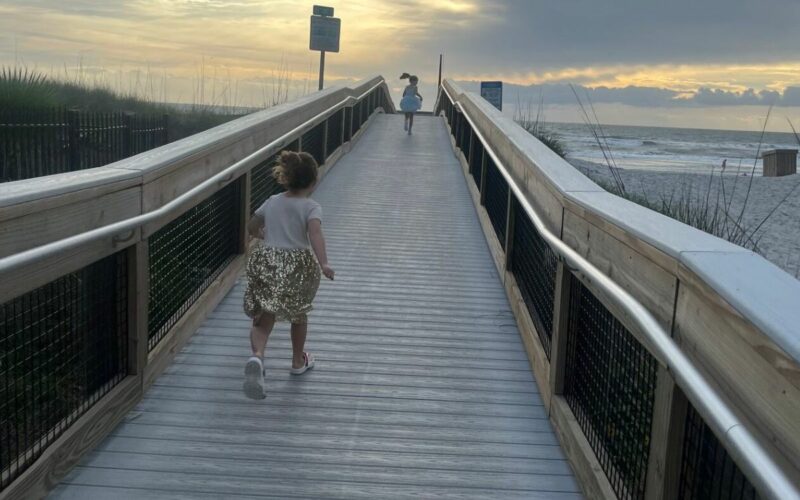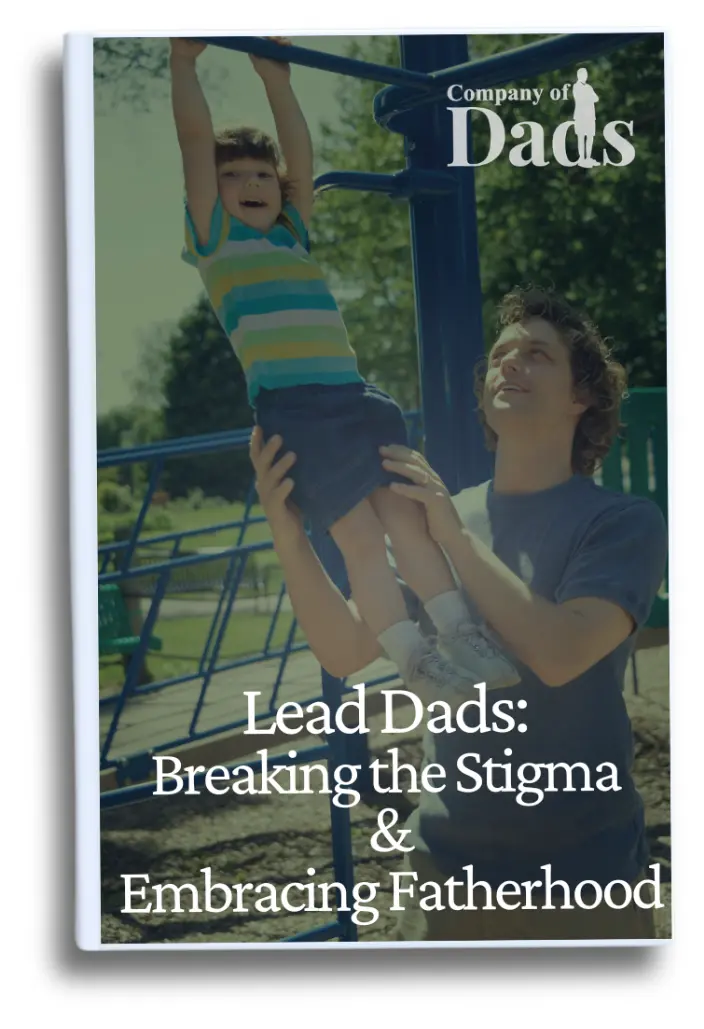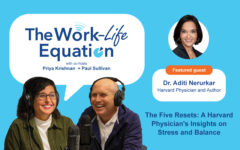This is a story about why we should be mentors – that begins with a pizza run.
In the car, just the two of us, my middle daughter said: “I want to be a doctor, a teacher, an actress or a home designer. Did you know what you wanted to be when you were a kid?”
“A lawyer,” I said.
“Because you knew lawyers and liked them?”
“No,” I said. “Because the only way out of my hometown seemed to be becoming a doctor or a lawyer and I didn’t like biology that much.”
“How did you come up with being a lawyer?”
I laughed: “There were a lot of shows on television about lawyers and doctors. Firefighters and detectives too, but I was too afraid to be either of those.”
“When did you stop wanting to be a lawyer?”
“My second year of college,” I said. “I liked writing better.”
“No offense, Dad, but don’t lawyers make more money than writers?”
I laughed. “A lot of them do.”
My daughters are growing up in a town, outside of New York City, where the variety of jobs is something I had no idea about as a kid. Not just doctors, but doctors trying to cure cancer. Lawyers litigating at the highest levels. People working in advertising, media, sports, marketing, and financial services.
It’s an environment that presents the world to you at a young age. While that can have drawbacks – pressure to decide what you’re going to be early on, the college-or-bust culture – those are the kinds of problems I would have traded anything for as a child.
In theory, my kids understand the advantages of where they’re growing up, but it’s hard to grasp them in practice. It’s what they know, just as my lower-middle-class upbringing was all I knew.
After we picked up the pizza, my daughter mentioned a successful woman who is a good friend of ours. She had told my daughter how she went about achieving what she had achieved in life and our daughter said she wanted to do an internship with her. She’s 11.
Our kids are fortunate. But this good fortune is also why my wife and I are so passionate about mentoring. She goes out of her way to help women at different inflection points in their careers. And I’m there to help any young adult trying to figure out her or his way in the world. I’m also there for any father who is looking to step up as a Lead Dad but struggling with the cultural and corporate pushback.
My wife and I mentor because people helped us, but we also mentor because plenty of people didn’t help, didn’t care, didn’t try to be supportive and flat out got in the way. (Motivations are always complex.)
Two questions for you: How are you thinking about mentoring this year, and what’s your best mentoring memory?









